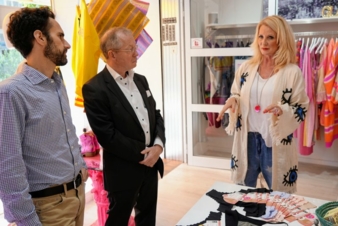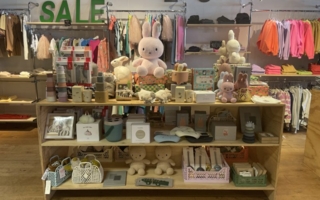08/09/2022 – Faire and IFH Köln
Research: digital procurement growing in significance
German retailing has some digital catching up to do. At the same time, though, more and more retailers are discovering the benefits of digital commerce, according to a recent study.
In July 2022, market research institute IFH Köln was commissioned by the digital wholesaling platform Faire Wholesale to conduct a survey; the subject was ‘How digital is German retailing?’ 213 independent retailers from various sectors, each with a turnover of no more than EUR 1.5 million, took part. Four in every ten respondents are not making use of digital solutions. The survey mentions work and technology overload as one reason for this digitalisation gap. Half of those interviewed, whose shops are in urban locations, said that the coronavirus pandemic had had a negative effect on their business. 57% of the retailers interviewed do not operate an online shop. The smaller businesses, in particular, cite lack of time as a reason for this.
Search for new buying opportunities
64% of the sample said they were open to alternative buying options such as online wholesaling. Despite a relatively low level of digitalisation, smaller retailers are more inclined to seek out new buying opportunities. One in five of those interviewed had contact with online wholesalers and 80% had found the experience to be positive. In 68% of cases, the use of online wholesaling platforms during the pandemic had shown positive benefits. During the current crisis, the larger retailers in particular would like greater support from wholesalers, especially with regard to terms (35%) and range of goods (15%).
The “Whichever channel’ concept
Professor Gerrit Heinemann is convinced that fewer and fewer retailers will be purely online or purely bricks-and-mortar businesses. The Professor, who is regarded as one of the leading e-commerce research experts, calls this the “Whichever channel’ concept. Everyone, he says, will be offering a little of each by means of websites, social media or market places. Digital commerce and physical shops are not opposing ideas but ideal partners in the democratisation and digitalisation of retail. Professor Heinemann is critical of the lack of digitalisation. Those who refuse to get involved in the area, he continues, are highly likely to be among the businesses that do not survive the structural transformation. “Progressive retailers, on the other hand, have seized the moment and committed themselves to the benefits of digitalisation on the procurement side, in buying and logistics.”




